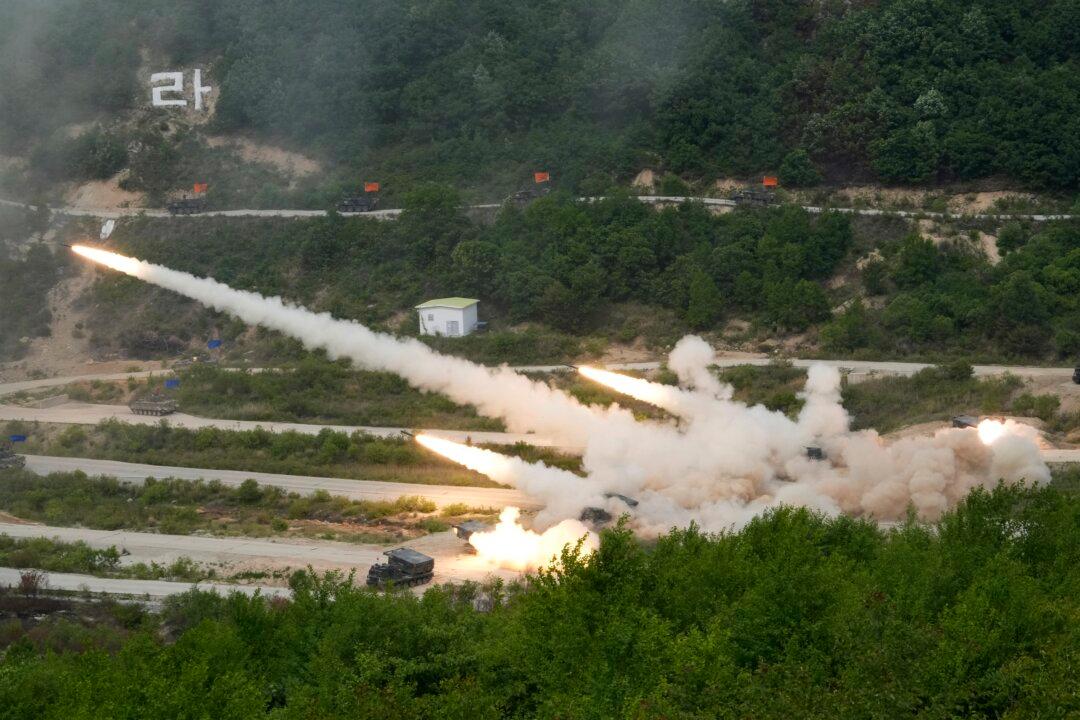Tension is growing over a bill introduced to Congress that would compel the government to unilaterally establish a peace deal with communist North Korea, even as the regime continues to threaten South Korea and the United States with nuclear annihilation.
The Peace on the Korean Peninsula Act, introduced by Rep. Brad Sherman (D-Calif.) in March, would order the federal government to immediately seek to replace the current armistice, in place since 1953, with a formal peace treaty.




